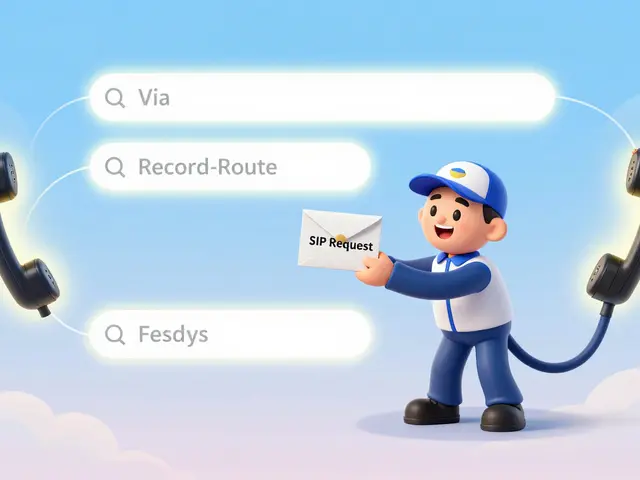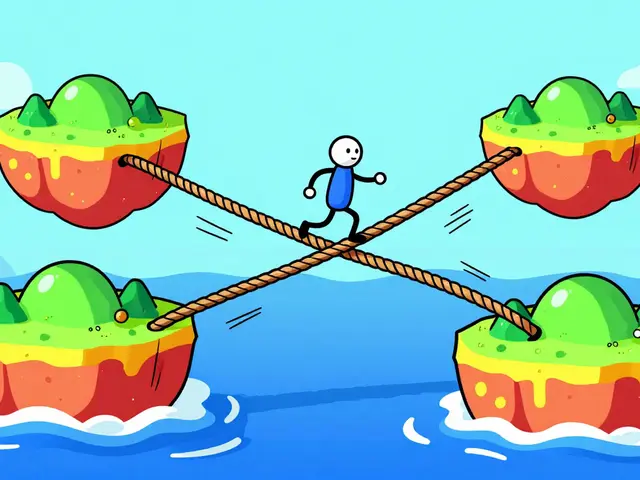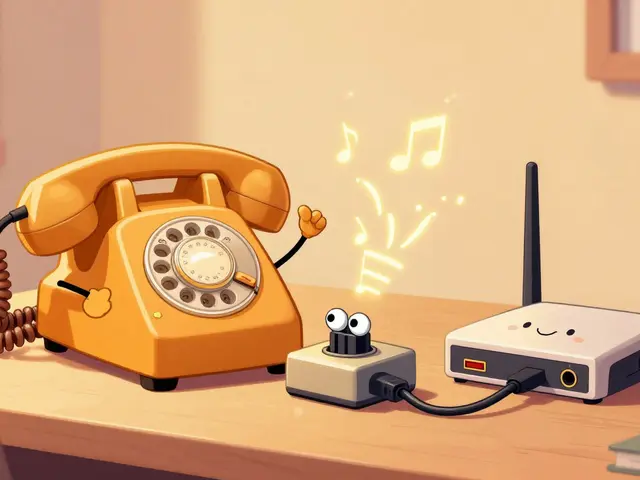Landline Power: Why It Still Matters in a VoIP World
When the power goes out, most modern phones stop working—but landline power, the ability of traditional copper phone lines to operate without electricity. Also known as POTS (Plain Old Telephone Service), it’s the last communication lifeline that doesn’t need batteries, Wi-Fi, or an internet connection. That’s why, even in 2025, people still keep landlines for emergencies, senior households, and small businesses that can’t afford to lose contact.
VoIP systems, while flexible and cheap, rely on your router, modem, and electricity. If the lights go out, so does your phone—unless you’ve got a UPS, backup battery, or cellular failover. But not everyone can afford that setup. A landline, a phone connected directly to the telephone company’s copper network runs on power sent through the line itself. No outlet needed. No charging. No guesswork. That’s why 911 calls still work on landlines during storms, blackouts, and disasters. VoIP providers claim they can handle outages, but real-world data from FEMA and local emergency services shows landlines still have the highest uptime.
For businesses, the choice isn’t just about cost—it’s about continuity. A pharmacy that takes prescription calls, a home care service that checks on elderly clients, or a family that relies on a single phone line during crises—none of them can risk silence when the grid fails. Even if you use VoIP for daily calls, keeping a basic landline as a backup isn’t outdated—it’s smart. And with analog gateways, devices that connect traditional phones to VoIP networks, you can have both: modern features with the safety net of landline power.
What you’ll find in this collection isn’t a debate about which system is better overall. It’s about understanding where each one shines—and where one can save your day when everything else fails. From how landline power works behind the scenes, to why VoIP systems struggle during outages, to real tips for setting up a hybrid backup, these posts give you the facts you need to protect your communication—not just optimize it.
VoIP phones need electricity to run, while landlines work during power outages because they draw power from phone lines. Learn why this difference matters for your business and how to stay connected during outages.







